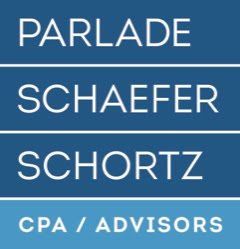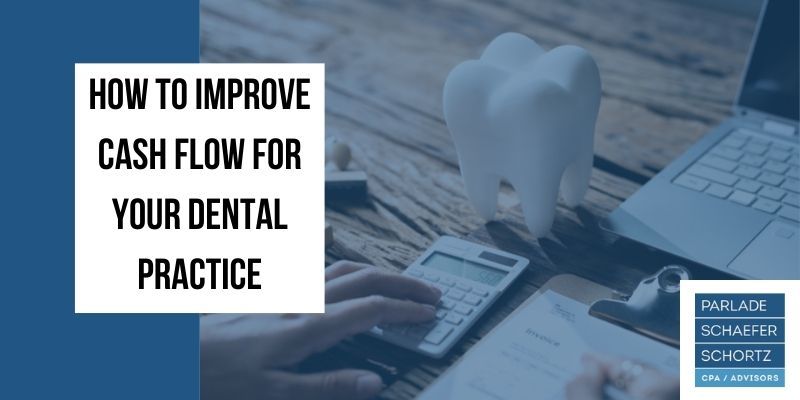Second Home Tax Breaks You Need to Know
It's not uncommon for dentists and doctors to invest in a vacation home after debts are managed. If you fall into this group or are considering it, here is a run down of how the IRS differentiates second homes and the deductions you can take to help offset the cost of owning a second home.
Types of Properties
According to the IRS, there are three types of properties: a second home, an income property, or a mixed-use property. A second home is a property you do not live in full-time but visit occasionally. An income property is a property that you rent out to others. And a mixed-use property combines both residential and business use, such as Airbnb.
Property Types:
- Second-home: visit, but not a primary residence
- Income property: rent out more than 14 days per year
- Mixed-use property: rent out more than 14 days a year, and visit more than 14 days a year.
Second Home Tax Benefits
Each type of property has different tax benefits. You can take advantage of the same tax breaks as your primary residence for a second home, such as the mortgage interest tax deduction. You can deduct the interest you pay on your primary and secondary home mortgages, up to $750,000.
Additionally, you can deduct property taxes on both your primary and secondary homes. Property taxes include both state and local taxes.
You can deduct up to $10,000 in property taxes yearly on all properties combined.
Plus, just like a primary residence, you can deduct the interest you paid on a home equity loan or home equity line of credit (HELOC) for home improvements. Keep hold of your home improvement receipts to support your deduction if needed.
Unfortunately, you can not deduct repairs, maintenance, losses, or depreciation on second homes if you don't rent them for more than 14 days a year.
However, on the flip side, if you rent out your home for less than 14 days a year, this rental income is tax-free! The income produced in this way can be used to help offset those other expenses.
Income Property Tax Benefits
An income property is a property that isn't for personal use, and you rent out for more than 14 days a year. For this type of property, you can take the same deductions that you would with a second home but also take advantage of deducting expenses related to maintaining the property. Property maintenance expenses include repairs and operating costs like property management, landscaping, HOAs, etc. In addition, you can take a depreciation tax deduction.
Mixed-Income Properties
If you have a second home that you use more than 14 days a year and rent out for more than 14 days a year, you fall in between both and qualify for all the deductions. This classification is common with vacation homes that are also used as Airbnb properties for part of the year.
The number of deductions available for these mixed properties is determined by the percentage of time the property is used personally vs. income producing.
For simplicity, say you stayed at your vacation home for 40 days out of the year and rented the property out for 60 days. This is 100 total days of use, of which 60% was functioning as an income-producing property. So 60% of all costs associated with owning it are business expenses. For example, for the landscaping and repairs made that year, up to 60% of them would be tax-deductible.
Second Home Tax Breaks
Tax deductions available to second homes are much the same as your primary residence. But a few things to note is if you rent a vacation property for less than 14 days a year, this income is tax-free! In some areas, a little under two weeks of rental income can be a decent sum of free cash.
If you rent your property for longer, you then qualify for some of the tax breaks included with income properties like maintenance and repairs. Talk to a tax advisor to learn which deductions you qualify for.






